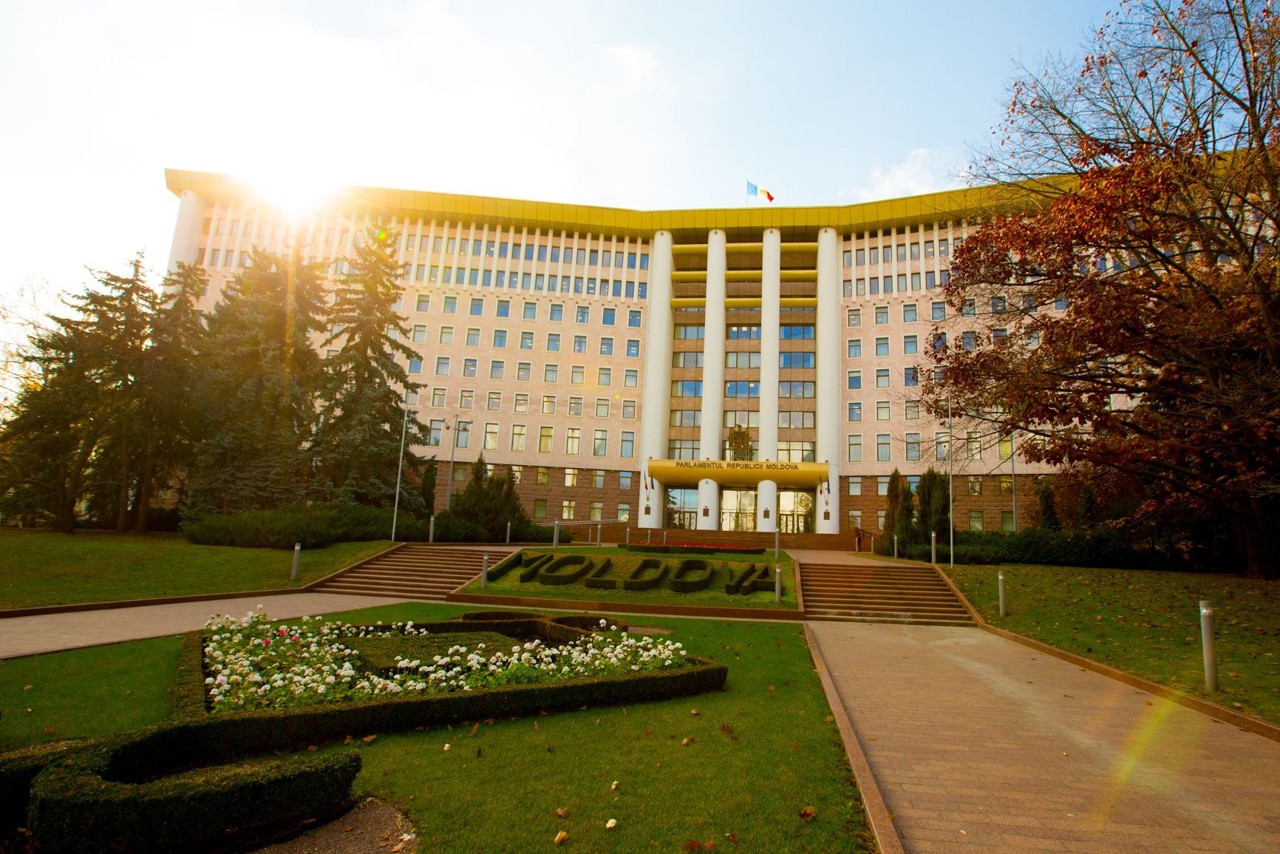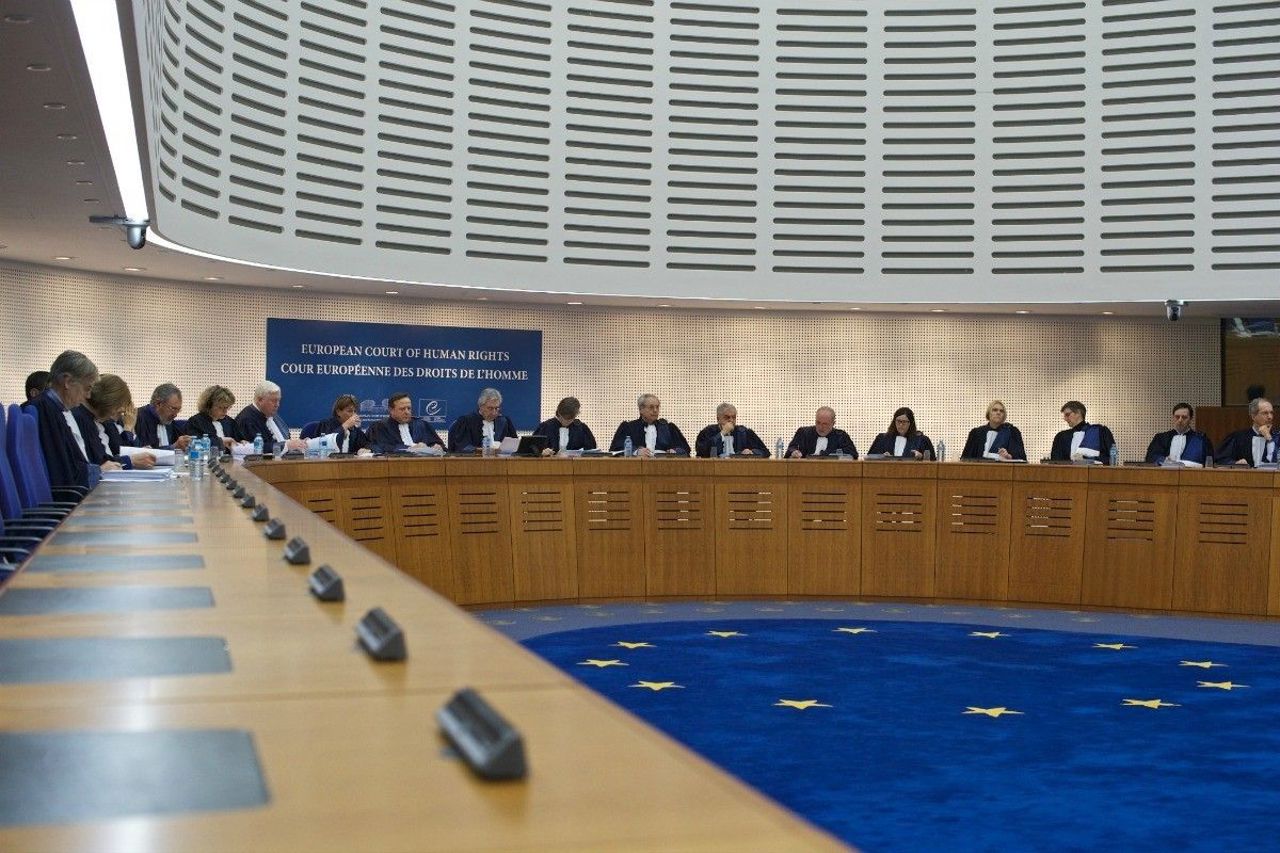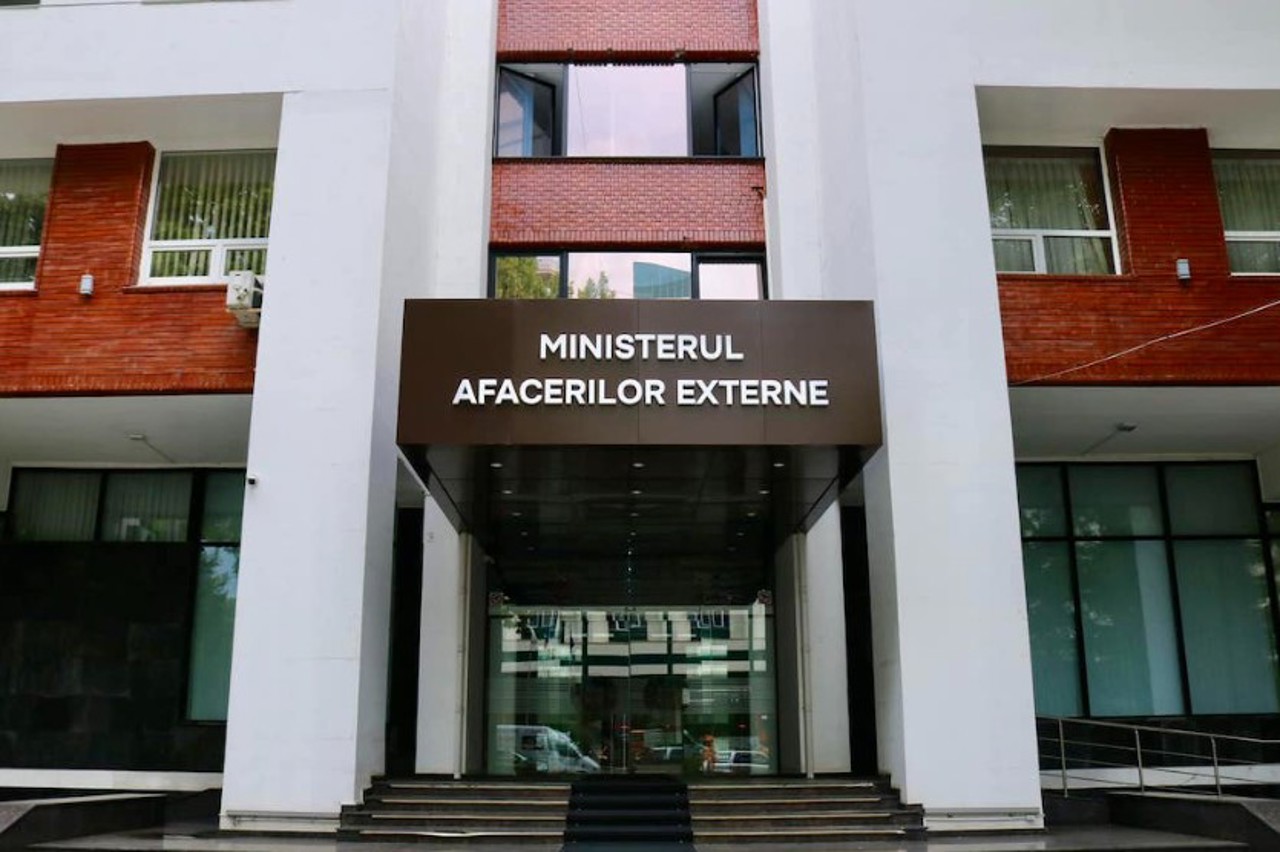Moldova's Parliament: From Soviet Era to Modern Democracy
Every year on May 23rd, Moldova celebrates Parliament Day.

The Parliament, located in the capital city of Chișinău, serves as the supreme representative body of the country. It has 101 members, each elected to a four-year term. The current Parliament is the successor to the Supreme Soviet of the Moldavian Soviet Socialist Republic (MSSR). Members of Parliament are elected through universal, secret, and free votes.
The spring of 1990 marked a significant turning point for Moldova. The country held its first parliamentary elections under a new system – the majoritarian electoral system. Candidates for Parliament were nominated by labour unions and public organisations.
A pivotal moment arrived on May 23, 1991. The Supreme Soviet of the 12th Moldavian SSR legislature voted to enact two significant changes. The former Moldavian Soviet Socialist Republic (MSSR) was officially renamed the Republic of Moldova. Additionally, the Supreme Soviet itself was transformed into the first Parliament of the newly named republic.
The Parliament played a crucial role in shaping the course of Moldova's independence. On June 23, 1990, it adopted the Declaration of Sovereignty, followed by the Declaration of Independence on August 27, 1991.
The Evolution of the Moldovan Parliament
The first Parliament of Moldova witnessed a period of political flux, with the form of government transitioning between parliamentary and presidential systems. Three individuals served as presidents during this initial parliamentary term: Mircea Snegur (April 27, 1990 – September 3, 1990), Alexandru Moșanu (September 4, 1990 – February 2, 1993), and Petru Lucinschi (February 4, 1993 – February 27, 1994).
The parliamentary elections held on March 22, 1998, saw participation from 29 parties, movements, and socio-political organisations, alongside 67 independent candidates. The results yielded four dominant political formations within the Parliament: the Party of Communists of the Republic of Moldova (40 seats), the Electoral Bloc "Democratic Convention of Moldova" (26 seats), the Electoral Bloc "For a Democratic and Prosperous Moldova" (24 seats), and the Party of Democratic Forces (11 seats).
A landmark shift occurred on July 5, 2000. Through a constitutional majority vote, the Parliament enacted a series of amendments to the Constitution. These amendments fundamentally altered the political system, transitioning Moldova from a semi-presidential to a parliamentary republic.
Under the revised constitution, the President of Moldova is elected by the Parliament through a secret ballot, requiring at least three-fifths of the votes from elected deputies. However, this process was subject to change. In March 4, 2016, the Constitutional Court ruled in favour of a presidential election by popular vote, following an appeal submitted by a group of deputies from the PLDM party. Igor Grosu assumed the role of Speaker of Parliament on July 21, 2021.
A Legacy of Legislative Action
Over the past 33 years, the Moldovan Parliament has established a strong record of legislative activity. It has adopted a total of 12,986 normative acts and convened for 1,895 meetings. Notably, the Parliament has enacted 14 constitutional laws, nearly 6,000 organic laws, and 508 ordinary laws. The remaining adopted acts consist of decisions. These legislative initiatives have profoundly influenced the development of Moldova, encompassing a wide range of areas and shaping the country's European integration efforts.
A Glimpse into Moldova's Parliamentary History
To commemorate its history, the Parliament Square showcases an exhibition of archival photographs. These images, courtesy of the National Archives Agency and the State Information Agency "Moldpres", depict the Parliament building from 1973 to the present day. The exhibition also features a display of vintage cars used by former state dignitaries.
Translation by Iurie Tataru





